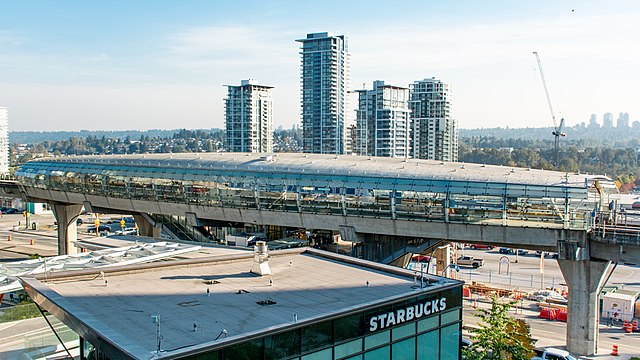There are many things the city could do to encourage more transit use, but ETS does not have much of a customer service mentality.
In the short term, special pricing for certain major events downtown and elsewhere might help. In the medium to long run making it more convenient would help.
For instance, instead of making seniors walk blocks and blocks, how about having more stops outside of seniors residences, trying to improve on time service and more frequent service on certain routes would help too.
I feel the choice made now is not to try increase use, but to try reduce the number of sketchy people riding. It is probably cheaper and easier and may help some, but I am not sure it will help that much in the long run.
